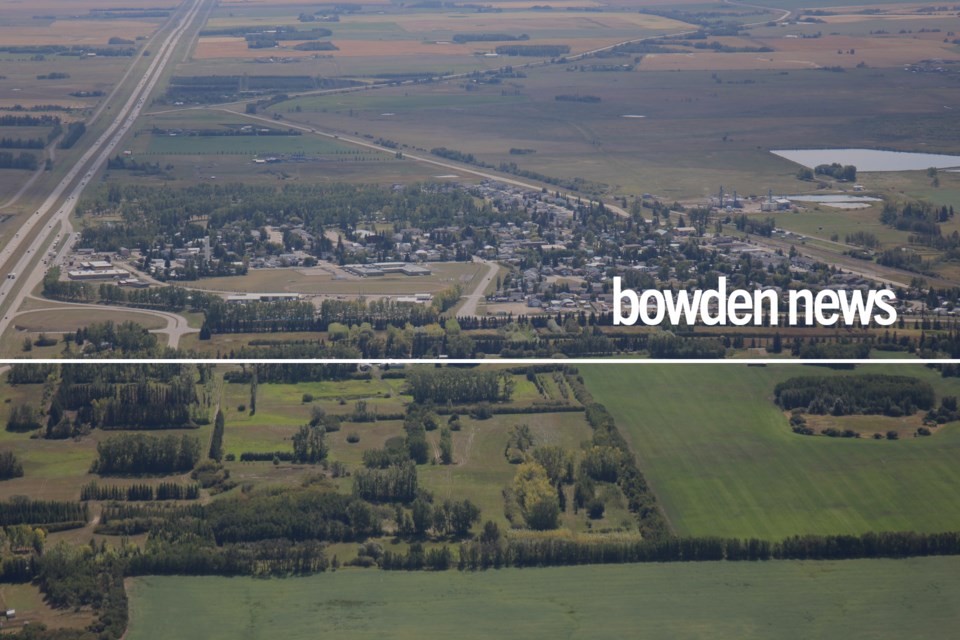BOWDEN — Local farmer Scott Severtson says the current drought will likely force him to harvest some crops early and possibly even cull some of his cattle herd.
But it could be worse, he said during an interview, noting the drought is even worse elsewhere in the province and across North America.
Severtson and his wife run a mixed farm about two miles from Bowden and three miles from Innisfail.
They have about 850 head of cattle and grow about a thousand acres of crop.
They grow their own feed, such as alfalfa and hay. They also grow wheat, barley and canola.
Severtson says they’ve been farming for 35 years and this year is one of the driest he can recall.
“In 2002 it was awful dry as well too. We did get a bunch of rain later in the season then, which kind of helped some feed supplies out a little bit. But yeah, it's one of the driest ever in my lifetime, anyway,” he said.
The heat and lack of rain has taken a real toll on their feed and crops.
“We just finished silaging actually just here a few days ago,” Severtson said last week.
“Our yields were down probably about 40 per cent over last year. And over kind of normal we’re down about 40 per cent. So there’s definitely going to be a bit of a seed crunch, come about fall.”
He said it’s so dry that they’re likely going to begin combining their barley in a couple of weeks.
“It’s early for sure for this part of the world. And now our pastures are burning off and we’ll probably have to start feeding cows a little bit early as well.”
However, he’s hoping to avoid selling many of their cattle, as other producers are doing.
“I guess my biggest concern is on the actual cow herd,” Severtson said. “I mean, we could see cull rates – people selling down as much as 50 per cent of the cow herd going to market, which – it's not good for anybody.
“There’ll be a huge glut of beef here for a while, but then all of a sudden, there’ll be a huge shortage of beef.
“And there’s a lot of people in the industry who probably won’t get back in as well.”
Severtson said he and his wife will try to feed their cows through the winter with the silage/feed they’ve got on the farm, but if that’s not enough, they may have to buy feed.
However, that's an expensive option.
“Feed prices are crazy,” he said, adding they’re up about 10 cents a pound, or more than $200 a ton. And if that hay has to be trucked any distance, freight costs make it even more expensive to obtain.
The lack of feed – and the resulting high price it fetches – is not just a problem in Alberta, or even across Western Canada.
“I have a friend from Georgia in the southern U.S. who works for a hay and straw broker,” Severtson said.
“He phoned me the other day to see if we had any names and numbers of people who would be interested in selling hay or straw from this part of the world to send in the U.S. So it’s a fairly big area that’s dry, that’s where we’re at.”
Although the drought has made it a challenging season, Severtson said he plans to continue farming and raising cattle, even though others may get out of the business.
He said a couple of the family’s kids might also farm when they’re older.
“I mean, at the end of the day, farming gets in your blood. It’s still a good way to raise your family. There’s certainly lots of other ways to make way more money, but it’s still – once it’s in your blood, it’s hard to get out,” he said.
“We’ve had dry years before. It can always be worse, that’s for sure.”



